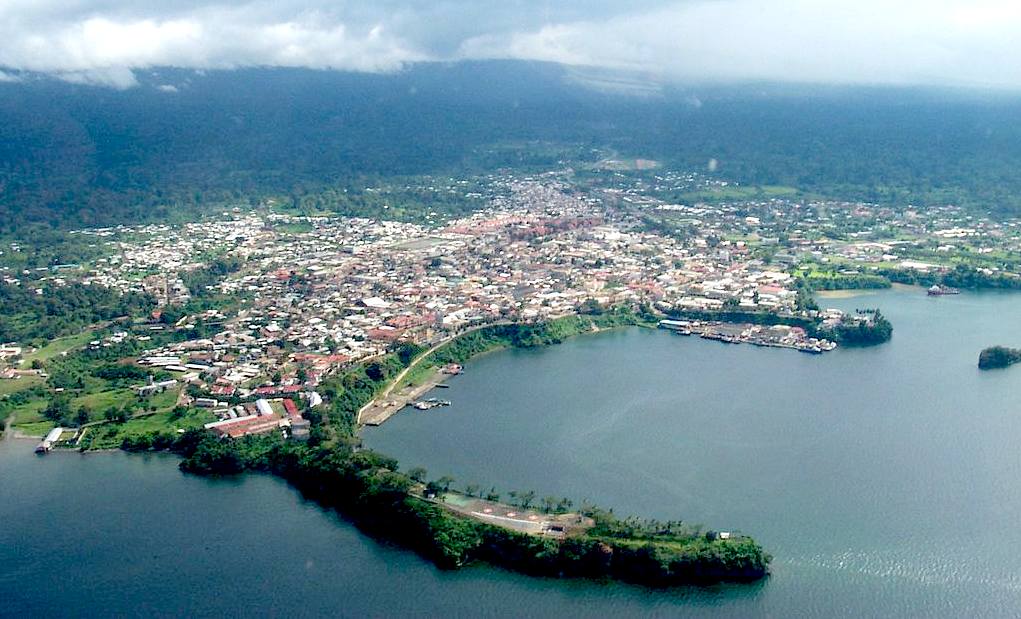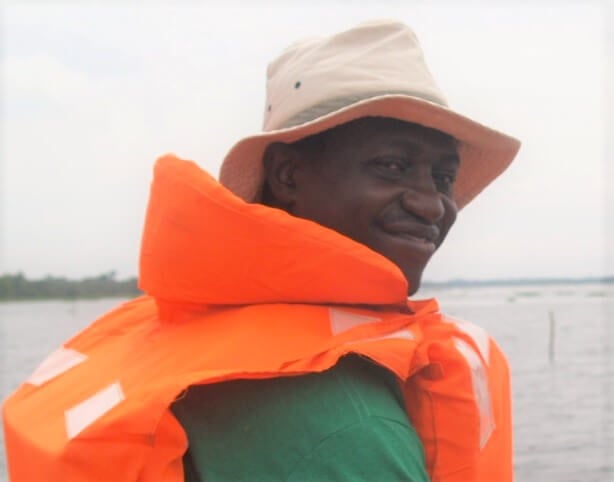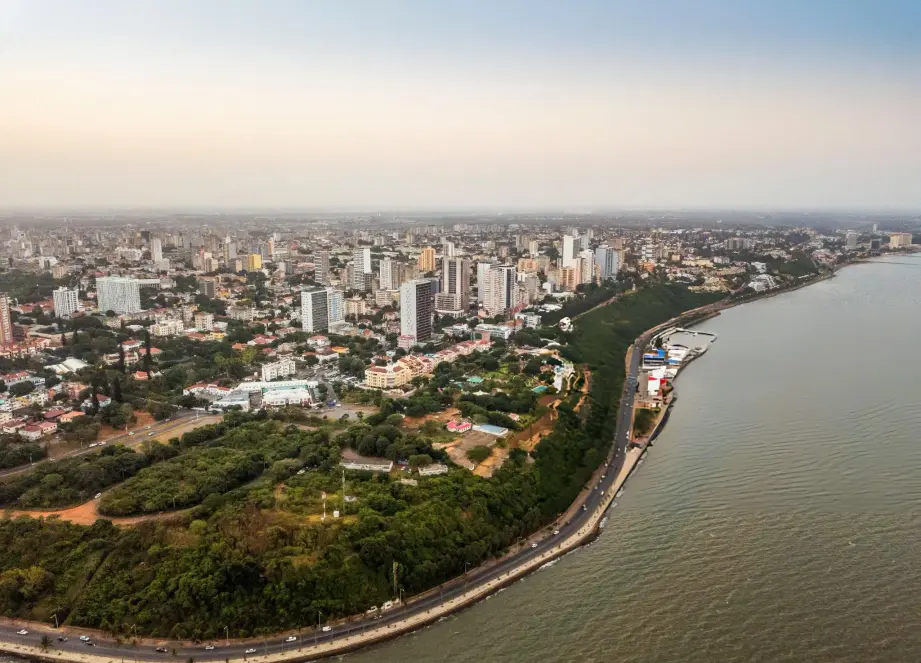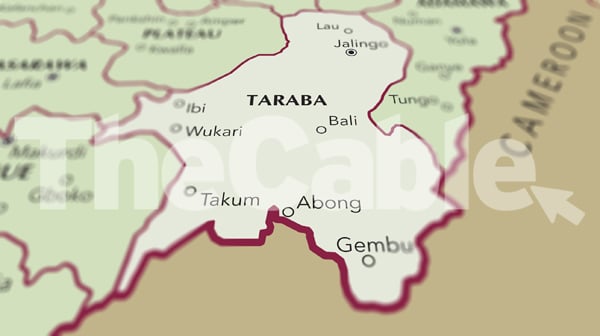Nigeria, a nation blessed with a richly diverse coastal and marine environment, sits on the edge of the Atlantic Ocean with nine of its 36 states boasting coastal boundaries. These regions are home to mangrove swamps, estuaries, creeks, bays, and near-shore waters teeming with aquatic life.
Yet, despite their ecological significance, the country’s marine ecosystems are under increasing threat from human activities, infrastructure development, and weak enforcement of conservation laws.
Marine environments are not only critical for biodiversity but also support the livelihoods of coastal residents, who make up more than 25 percent of Nigeria’s population.
From fish to sea turtles, dolphins, and mangroves, these ecosystems contribute to the country’s food security, tourism potential, and climate resilience. However, unless urgent action is taken, the degradation of these ecosystems could result in irreversible environmental, social, and economic losses.
Advertisement
NIGERIA’S MARINE BIODIVERSITY AND ITS SIGNIFICANCE

Nigeria’s coastline is part of the Gulf of Guinea, one of the world’s richest marine biodiversity zones. These ecosystems are critical for several marine species and commercially important fish.
Nigeria’s mangrove forests, which is the largest in Africa and the third-largest globally, are vital for their role in filtering pollutants, preventing coastal erosion, and providing breeding grounds for various aquatic life.
Advertisement
Mangroves serve as a natural buffer against storm surges, protecting coastal communities from extreme weather events. They also act as carbon sinks, contributing to climate regulation. The interconnections within these ecosystems ensure that they support not only marine life but also the livelihoods of millions who depend on fishing, tourism, and other marine resources.
Excellence Akeredolu, a senior lecturer at the University of Lagos’ Department of Zoology, warned about the consequences of unchecked exploitation of Nigeria’s marine species.
“The removal of key species disrupts food webs, leading to ecosystem imbalances,” he said. “Overexploitation can drive some marine species to extinction or cause drastic declines in their populations.”
THREATS TO NIGERIA’S MARINE ECOSYSTEMS
Advertisement

Despite their immense ecological and economic value, Nigeria’s marine ecosystems are under siege from multiple, overlapping threats.
One of the most pressing issues is the poaching and overexploitation of marine species, particularly sea turtles. Bolaji Dunsin, assistant director at the Nigerian Institute for Oceanography and Marine Research (NIOMR), noted that these animals are frequently caught unintentionally in fishing gear such as keel nets and geonets.
“Fishermen believe that sea turtles destroy their nets and bring bad luck, so they kill and sell them,” Dunsin explained. Additionally, sea turtles are poached when they come ashore to lay eggs, often killed for their shells and meat, or their eggs harvested for income.
While Nigeria’s industrial trawl fisheries have achieved 100 percent compliance with Turtle Excluder Devices (TEDs), Dunsin said the artisanal sector remains largely unregulated.
Advertisement
“In Nigeria as we speak, there is no mortality that is resulting from industrial trawl fisheries because of the use of TEDs. However, there is high catch of sea turtles in the artisanal sector,” he said.
Another significant threat comes from habitat destruction driven by coastal development. One of the most contentious recent projects is the 700-kilometre Lagos-Calabar Coastal Road, a dual carriageway with five lanes on each side and a railway line in the middle. There have been concerns that the federal government did not conduct a thorough Environmental Impact Assessment (EIA) before commencing the project.
Advertisement
The construction and associated land reclamation threaten fragile ecosystems, including mangroves and coral reefs that serve as fish spawning grounds and natural barriers against erosion. Although Dunsin believes the project avoided the direct shoreline, he acknowledges potential ecological impacts such as forest clearance and habitat fragmentation.
“There’s often a comparison between the ecological costs and the human benefits of such projects,” he said. “The government is not clearing out entire forests or completely destroying marine ecosystems, but they’ll typically implement mitigation or restoration measures to compensate for any damage caused.”
Advertisement
Pollution, particularly oil spills in the south-south region, has also taken a severe toll on Nigeria’s mangrove ecosystems. In urban cities like Lagos, development continues to encroach upon vital mangrove habitats. Areas such as those surrounding the National Theatre in Iganmu, once rich in mangroves that purified water and supported biodiversity, have been lost to concrete and landfill.
Dunsin noted that legal protections for marine ecosystems exist in Nigeria, but enforcement is a persistent problem. Nigeria has multiple laws, including the NESREA Act (2007) and the Endangered Species Act (2016), yet enforcement in artisanal fisheries and coastal communities remains weak.
Advertisement
“We don’t have a scarcity of laws; the gap now is enforcement,” he said. Poverty and ignorance are also critical barriers. Dunsin explained that many community members harvest marine species not out of malice, but out of desperation to survive.
He added that data gaps and limited scientific investment also impede effective ecosystem management.
“We need long-term monitoring of ecosystem health and species populations. Without research, we cannot manage what we do not understand,” he said.
PROTECTION THROUGH SCIENCE, POLICY, AND PEOPLE
To protect Nigeria’s marine ecosystems, a multi-faceted approach is necessary. For lasting change, it must centre on science, stronger policy, and local engagement.
Empowering coastal communities is a critical first step, as they are the primary stewards of these ecosystems. Educational programmes that raise awareness about the importance of marine conservation can empower communities to take action and adopt sustainable practices.
Akeredolu advocates involving residents in conservation planning and decision-making, so that their knowledge and needs are taken into account. “Creating programmes that reward communities for protecting marine habitats like eco-tourism initiatives can motivate them to embrace sustainable practices,” he added.
Scientific research and ecological monitoring are also key. Dunsin called for greater investment in marine science and research, adding that monitoring is essential to understand the dynamics of marine ecosystems better. This knowledge can inform conservation strategies and ensure that measures taken are effective and adaptive to changing environmental conditions.
He urged support for NIOMR and related institutions to carry out sea inspections and environmental assessments. He also recommended establishing marine protected areas based on scientific data that identify nursery grounds and species-rich zones that require restricted activity.
Dunsin noted that to achieve this, “studies must be conducted to identify where we have the nursery grounds, the recruitment sections, and species that have environmental concerns”.
“These areas will be declared protected areas and activities will be regulated or completely banned. There’s a need for the Nigerian government to do assessments of the resources we have, and provide adequate funding for research, development, and logistics,” he added.
Policy reform and enforcement must accompany these scientific efforts. Dunsin said strengthening the capacity of agencies like NESREA and the Federal Department of Fisheries is essential, particularly to monitor and regulate the artisanal sector. Increased patrols, better oversight of fishing gear, and public education campaigns can help reduce harmful practices.
Lastly, Nigeria must look to the future by developing a sustainable blue economy. Dunsin highlighted the country’s untapped potential in areas such as seaweed cultivation, marine pharmaceuticals, and renewable energy sources like underwater currents and thermal gradients.
He said harnessing these opportunities will require sound environmental governance, investment in innovation, and active participation from the private sector. “We need a system that makes it easier for people to work,” Dunsin concluded.
The collapse of marine ecosystems is not just an environmental concern but a human one threatening food security, economic stability, and the future of coastal communities. The decisions made today will determine whether these life-sustaining waters remain productive or collapse under the weight of exploitation and mismanagement.
To protect these ecosystems, Nigeria must invest in science, empower communities, enforce environmental laws, and pursue development that respects nature’s boundaries. The ocean may be vast, but its resilience is not infinite.
This article was produced in partnership with Wild Africa.









